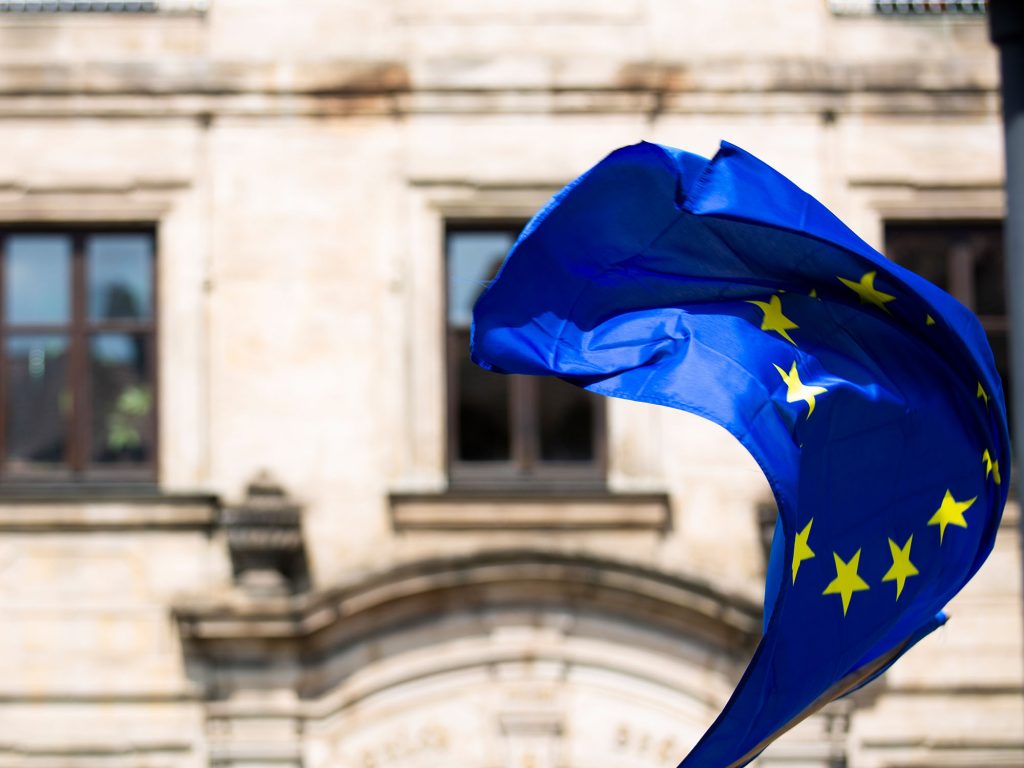Relaunching the transatlantic trade agenda: A European perspective
With $1 trillion in two-way trade in goods and services annually, the EU-US relationship remains key for the prosperity of both sides of the Atlantic. The European Union (EU) has always considered the United States a privileged partner with shared values; however, Europeans have suffered from the Donald Trump administration’s unpredictability and transactional approach.
The election of Joe Biden offers a window of opportunity to restart the discussion. European institutions have already extended a hand, notably by publishing in December 2020 an ambitious proposal for a new EU-US partnership. Europeans are ready to build a positive trade agenda—but on a balanced basis.
However, the clocks will not wind back to 2016. The global balance has changed, and a new partnership is needed. Trade policy is not just about trade agreements and tariffs, but also reflects technological, security, and geopolitical challenges. Beyond a trade agreement, this paper underlines that a true geopolitical and economic partnership is necessary to address systemic issues.
By analyzing the lessons learned from the failure of the Transatlantic Trade and Investment Partnership (TTIP) negotiations and drawing on interviews with European officials, this paper recommends adopting a step-by-step approach that pays greater attention from the start to the concerns of public opinion—notably, on climate change—the diversity of European sensitivities, and the need to rebuild trust progressively.
Relaunching the transatlantic trade agenda can follow three routes, which are not mutually exclusive, including
- lifting Trump’s tariffs and starting by re-engaging on conformity
assessment negotiations; - building a partnership on issues of shared geopolitical ambitions, notably China’s disruption of trade rules, foreign investment screening and export control, digital trade and technologies, climate change, and supply chain security; and
- reforming together the World Trade Organization (WTO) by updating the rule book to better reflect current global economic challenges, resolving the WTO dispute-settlement system standoff, and reinforcing the WTO’s monitoring role.

Future Europe Initiative
Providing expertise and building communities to promote transatlantic leadership and a strong Europe in turbulent times.
The Future Europe Initiative promotes the transatlantic leadership and strategies required to ensure a strong Europe.
Image: Maersk container ship is loaded at a harbour terminal in Bremerhaven, Germany October 31, 2020. REUTERS/Fabian Bimmer